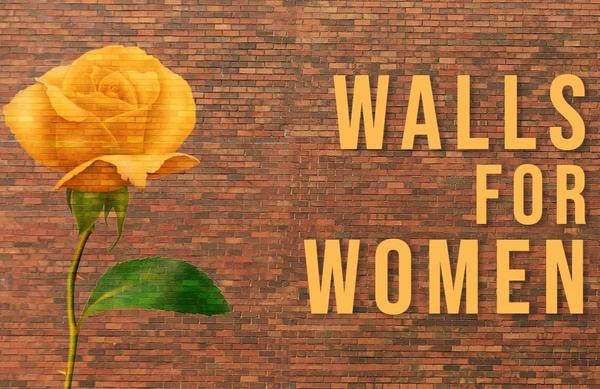
My Friend Karl | Official Movie
MY FRIEND KARL is the story of an unlikely friendship between Karl Smithson, a former homeless man, and Colin Shuran, a filmmaker.
Karl Smithson was always a loner and outsider, never having many friends. When incarcerated at a mental hospital, Karl received ten weeks of shock treatments. He thought this was cruel, so he made his way to Nashville to serve the homeless and mentally ill. He accomplished many miraculous feats while homeless, but his ultimate accomplishment was his unconditional friendship with everyone he met. Later, writer and filmmaker Colin Shuran dove deeper into Karl’s story, and an unlikely friendship was formed.
This film highlights the issues of homelessness, mental illness, and friendships. It shares an important message accessible to all ages. It is an internationally award-winning film, having won the Remi Award from Houston International Film Festival.
Karl Smithson was always a loner and outsider, never having many friends. When incarcerated at a mental hospital, Karl received ten weeks of shock treatments. He thought this was cruel, so he made his way to Nashville to serve the homeless and mentally ill. He accomplished many miraculous feats while homeless, but his ultimate accomplishment was his unconditional friendship with everyone he met. Later, writer and filmmaker Colin Shuran dove deeper into Karl’s story, and an unlikely friendship was formed.
This film highlights the issues of homelessness, mental illness, and friendships. It shares an important message accessible to all ages. It is an internationally award-winning film, having won the Remi Award from Houston International Film Festival.



